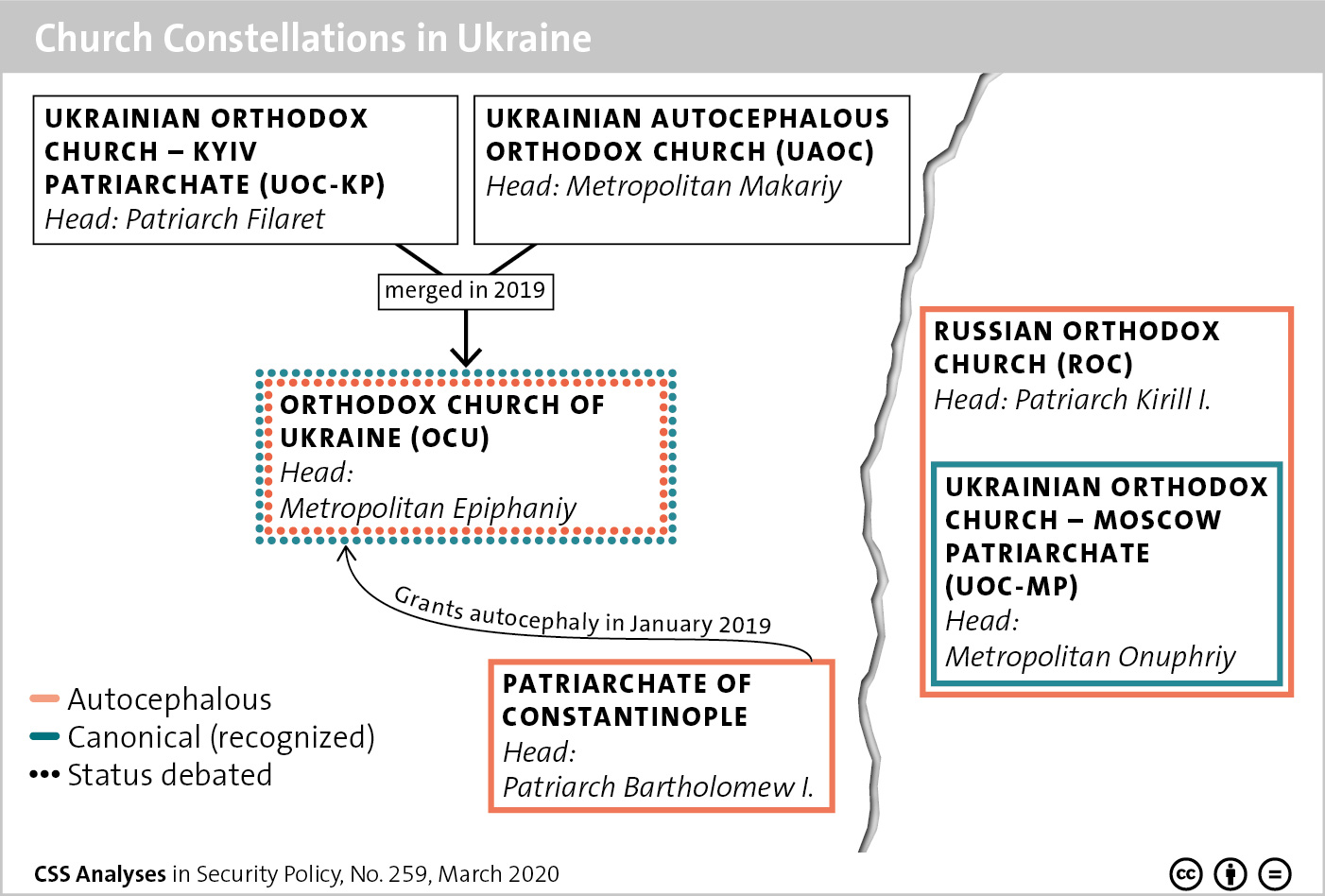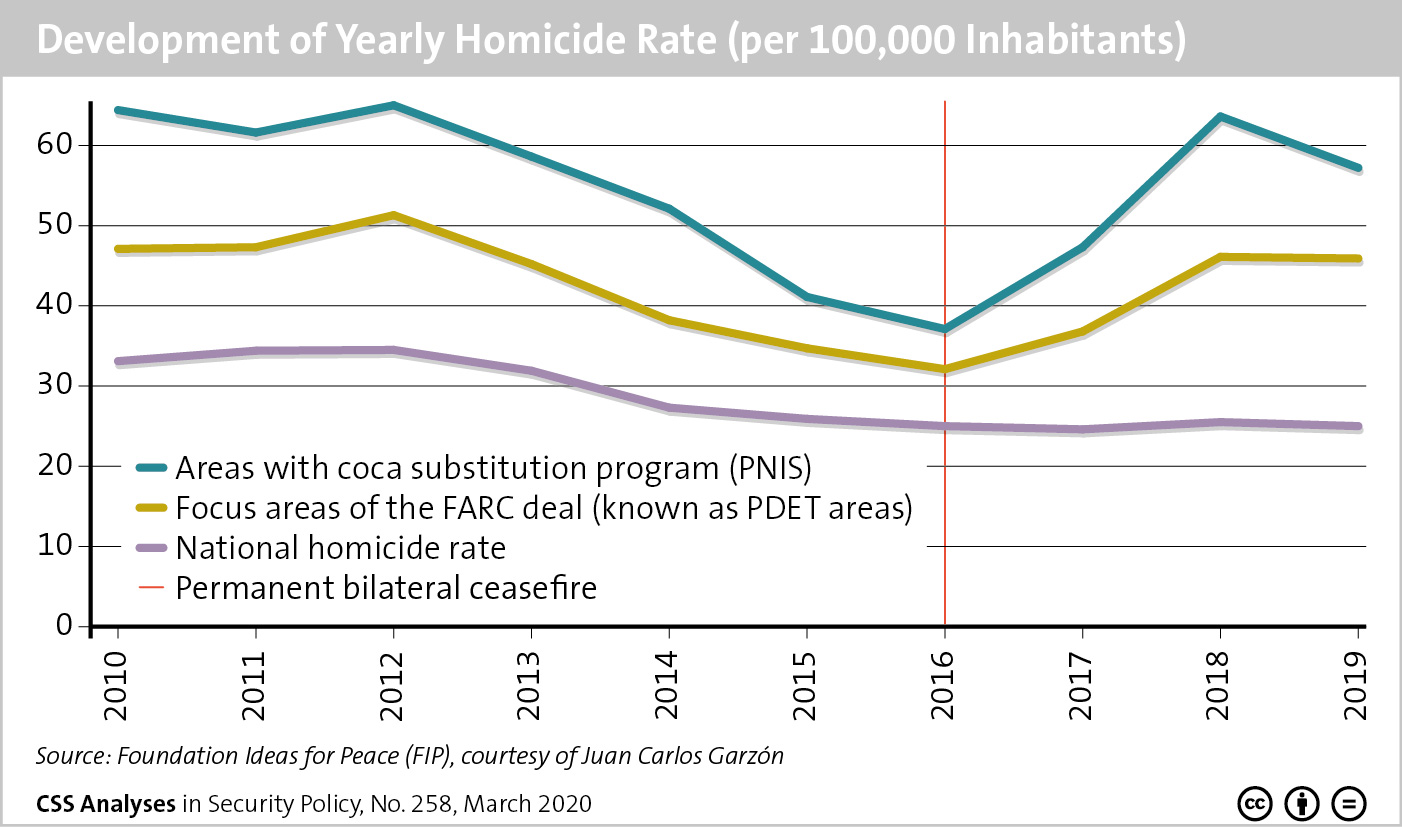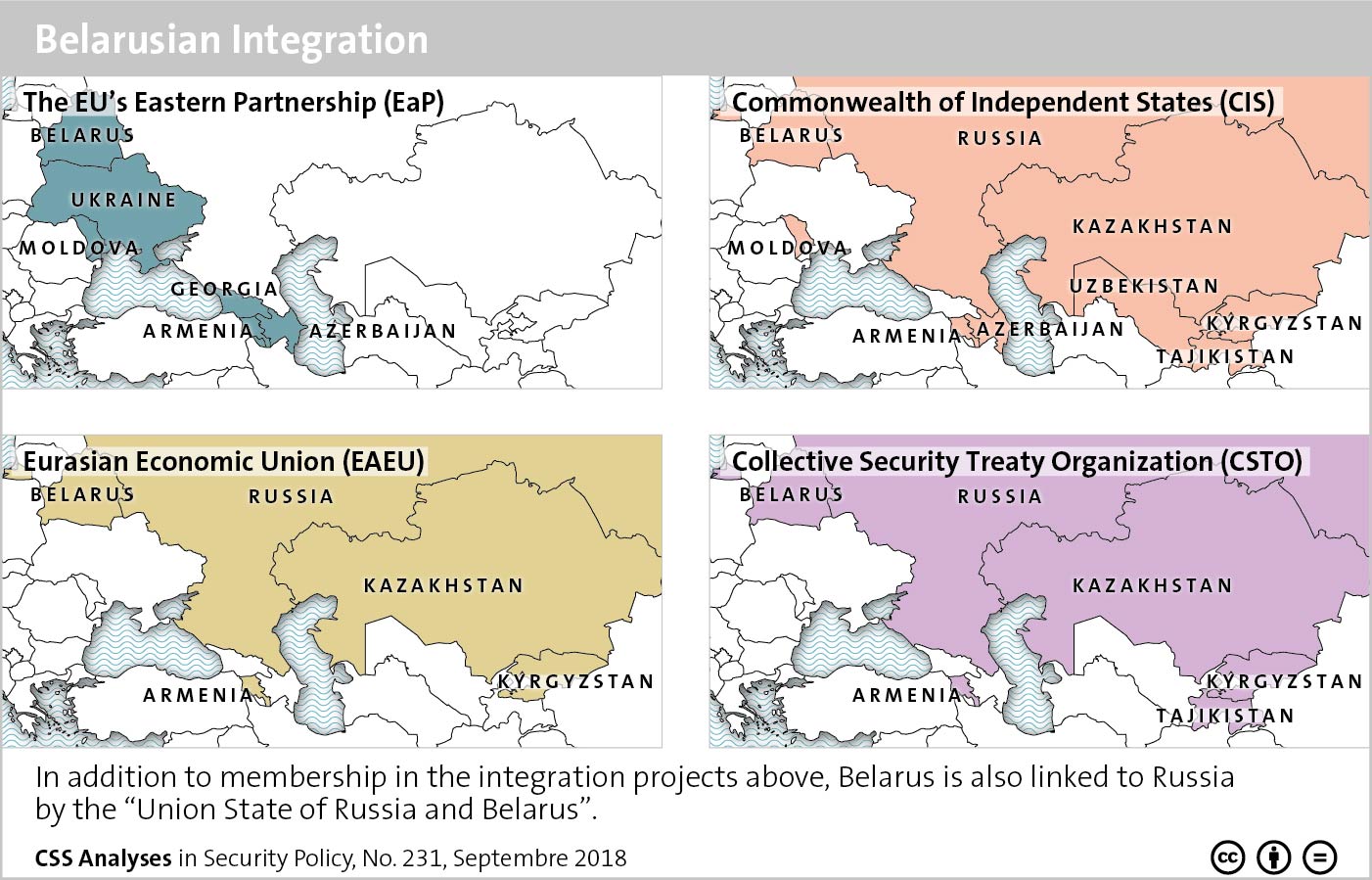Image courtesy of Morning Brew/Unsplash.
This blog belongs to the CSS’ coronavirus blog series, which forms a part of the center’s analysis of the security policy implications of the coronavirus crisis. See the CSS special theme page on the coronavirus for more.
Stories exert power by constructing one way of understanding the world and by effectively communicating that “reality” to others. Conflict actors understand this when they seek to define the terms in which a conflict takes place, representing themselves as morally sound and the other side as illegitimate.
Building on the work of narrative mediator Sara Cobb, we analyze how the respective governments of the US and China have depicted the origins and the spread of the COVID-19 pandemic as the fault of the other side. In recent months, COVID-19 has become central to the US and China’s creation of “master narratives”. Master narratives hugely simplify the plot and characters, contain moral judgments, and form the basis for the generation and perpetuation of a conflict tale. This serves both governments in deflecting criticism away from their domestic responsibilities. Tensions have escalated between the two world powers as a result.





